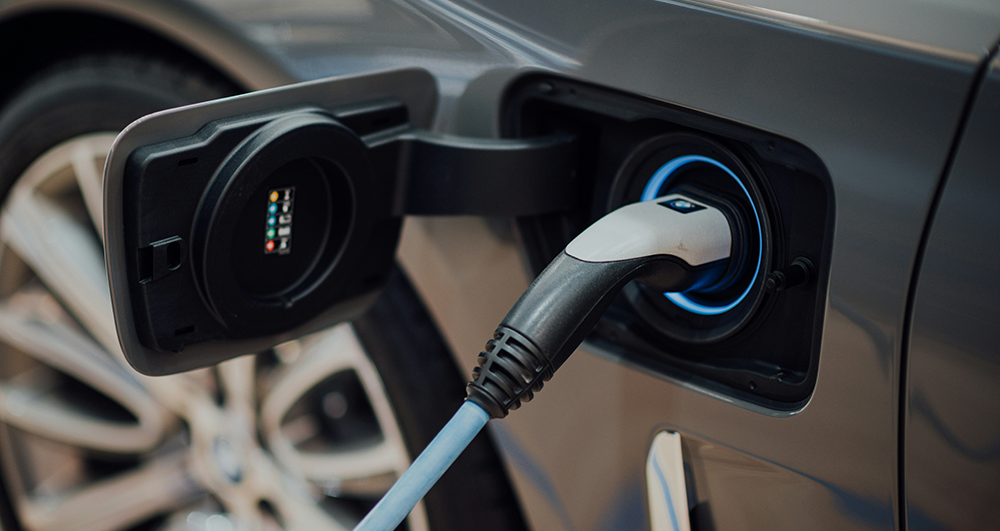ACRISS is committed to supporting our members in their sustainability and environmental goals by developing new and updating old guidelines and standards around decarbonisation and electrification, ensuring we provide all the necessary tools and information needed to make an informed choice. ACRISS is in a unique position to influence and support the mobility industry in pursuit of climate goals and a greener future with the help of experts, resources, and experience in setting standards.

As an association we are monitoring and developing standards and support needed towards electrification and decarbonisation in support of net zero and climate goals set out by various countries. We recognise that electrification of the mobility industry from car manufacturing to scooters and rental fleets is important and the future of mobility as we transition away from combustion engines.
We are seeing a global commitment and drive to reduce carbon emissions and promote electrification with all new car sales to be Electric Vehicles from 2030 to 2050 depending on the region. These goals and incentives in turn impact car rental fleets, already EVs represent 20% of all car models on our car code list and this is growing. Car rental fleets need to include a percentage of EVs to meet these goals.
Over the last few years, ACRISS has introduced CO2 emissions data by car model and updated our CO2 emissions guidelines by car rental category in order to provide the industry and customers with information to make an informed choice towards more environmentally friendly cars.
ACRISS introduced its new CO2 Efficiency Coding traffic light system replicating the colour coding used for appliances to highlight energy efficiency in support of our members and associates environmental goals.
The current ACRISS Car Classification System and car codes have been updated during this transition from combustion cars towards electrification with further clarification of EV and Hybrid coding and introduction of Fuel Type Guide including definitions and background. We have introduced battery range and CO2 emissions data in our car code lists and identified equipment needed to support EVs.
As an association we will continue to support our members and associates through our own sustainability and environmental focus and in support of their sustainability pledges and goals.
For more information on our current environmental focus initiatives see:
- Environmental and CO2 Emissions guidelines
- CO2 Efficiency Coding system
- EV and Hybrid coding
- Fuel Type Guide
- Optional Extras, Special Equipment and Ancillaries list
Below are links to some of our members and associates’ sustainability pledges:
- Europcar Mobility: https://europcar-mobility-group.com/csr
- Enterprise Mobility: https://www.enterprisemobility.com/our-impact/sustainability.html
- Avis: https://www.avis.co.uk/about-avis/avis-environment-social-governance
About
- Who
- Membership Types
- Our Members
- Our Constitution
- Honorary Associates
- Board Members
- Motoring Research
- What
- Objectives
- Achievements
- Mission
- History
- Why Acriss?
- CMA Guidelines
- Sustainability & Environmental Focus
- How
- Code of Conduct
- ACRISS Constitution
- ACRISS Cloud
- ACRISS Car Codes
- Dos and Don'ts
- Transfers VDSI
- Transfers Definitions
- Service Categories and Standards
- Policies
- Optional Extras
- Selling Guide
